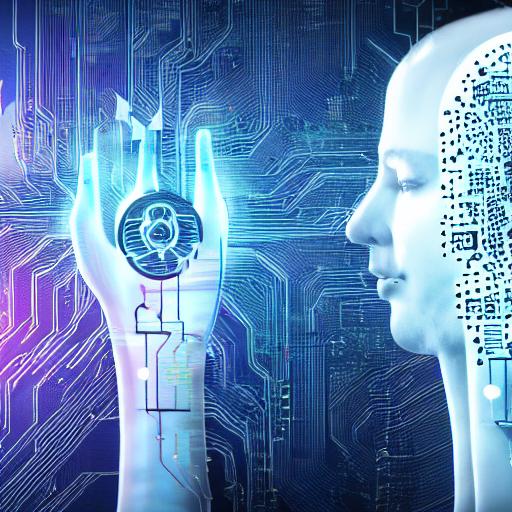The euphoria around generative AI seemed to fade over the weekend as the effects of Silicon Valley Bank’s demise spread quickly throughout the tech industry. The FDIC will take control of the bank and protect all depositors, top U.S. federal regulators declared on Sunday, relieving executives at thousands of AI startups with savings in SVB.
Doktor Gurson, the CEO of Rad AI, a Berkeley-based company that automates radiology and healthcare system processes, was quoted by Reuters as saying, He lost a couple years of his life over the weekend.
Gurson was particularly apprehensive, he told Reuters, about how to make payroll for his firm with around 65 employees. Depositors will now have access to all of their funds, not just the $250,000 least guaranteed amount that had been guaranteed prior to the announcement of the Fed’s acquisition of the SVB. The officials claimed that the money would be available right away.
Leaders in AI responded on SVB
Numerous AI leaders voiced their opinions or provided assistance throughout the weekend’s tense situations.
The co-chairman and cofounder of Coursera, Andrew Ng, who is also an adjunct professor at Stanford University, said on Twitter that he is pleased the US government is looking into safeguarding SVB’s depositors. He doesn’t think it’s necessary to save the bank’s investors, but failing to protect depositors, who hadn’t taken any risky risks, may result in significant job losses, harm to public confidence in banks, and a years-long delay in AI and tech innovation.
He also highlighted out that he was seeing the finest of the AI and startup world, with people supporting each other, exchanging tips and even sending monies on trust and without documentation so someone else can make payroll. It’s encouraging to see the community come together to meet the challenge.
He also highlighted out that he was seeing the finest of the AI and startup world, with people supporting each other, exchanging tips and even sending monies on trust and without documentation so someone else can make payroll. It’s encouraging to see the community come together to meet the challenge.
Sam Altman, the CEO of OpenAI, also advised investors who wished to be helpful to give emergency funds to the firms that need it for payroll or anything. Send money without any paperwork or agreements. Although it’s difficult to imagine depositors losing money in this situation, the interim is extremely distressing.
New AI announcements are being made by Google and Microsoft
But, in the wake of SVB’s failure, OpenAI, which receives funding in the billions from Microsoft, had little to fear. And it was obvious that Microsoft and Google were not sleeping either — in anticipation of more Big Tech AI revelations in the pipeline for this week — as startup founders suffered through restless nights this weekend fretting about making payroll.
On Thursday, Microsoft will host a virtual event called “Future of Work with AI” that will emphasize AI productivity. The CTO of Microsoft Germany, Andreas Braun, made certain remarks last week that sparked speculation that a multimodal GPT-4 would be a major announcement.
It appears that Google and Microsoft will be making competing announcements this week, similar to how they did a month ago when Google unveiled Bard and Microsoft unveiled its new Bing chatbot.
A consolidation of AI power?
The Google and Microsoft statements appear to underscore the Big Tech power consolidation that is taking place in AI, especially in light of the SVB news and the sense of AI startup vulnerability that it evoked. And it is crucial to stress that there does not appear to be any proof that problems with generative AI, such as its propensity to make things up and get them wrong, have vanished.
For instance, DeepMind researcher Dileep George posted a screenshot of ChatGPT claiming that OpenAI and the development of GPT-5 contributed to the demise of SVB.
In AI, it will undoubtedly be a hectic week. But, Yoshua Bengio posed the following question in a virtual Q&A last week: Are we going to design systems that are going to assist us have a better existence in a philosophical sense, or is it just going to be an instrument of power and profit?
That remains to be seen as generative AI is pushed to its limit by Big Tech and AI companies strive to survive. Stay tuned, of course.








